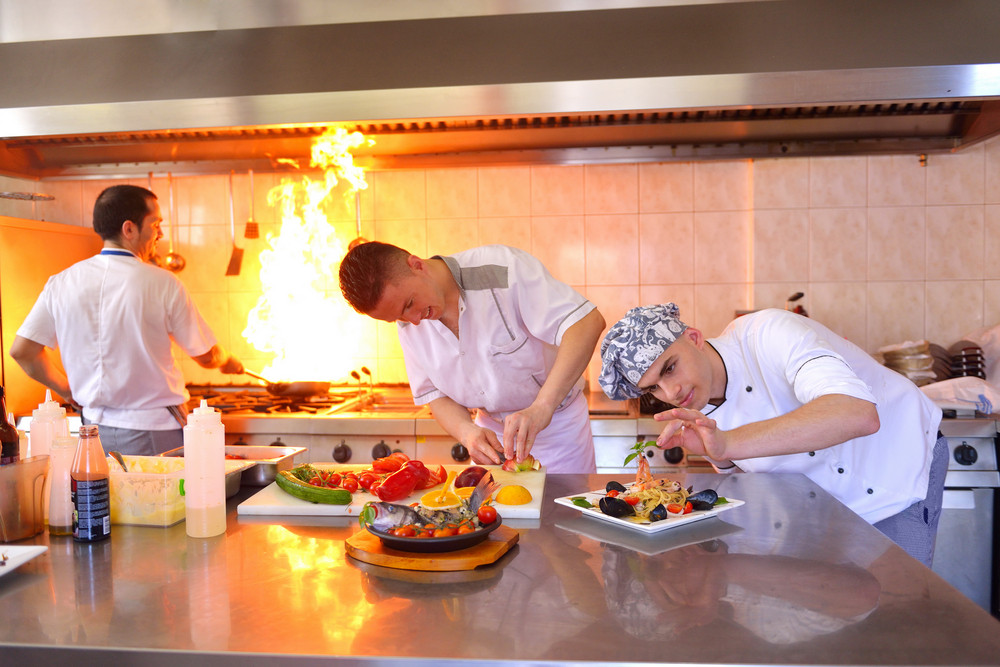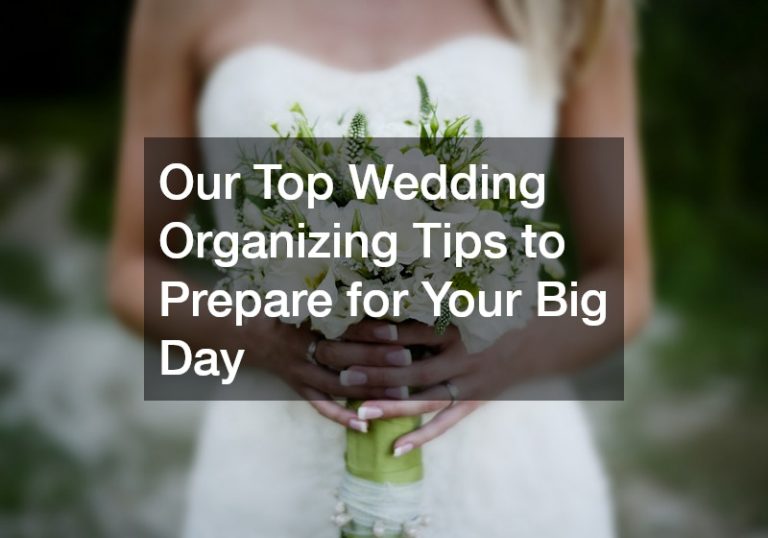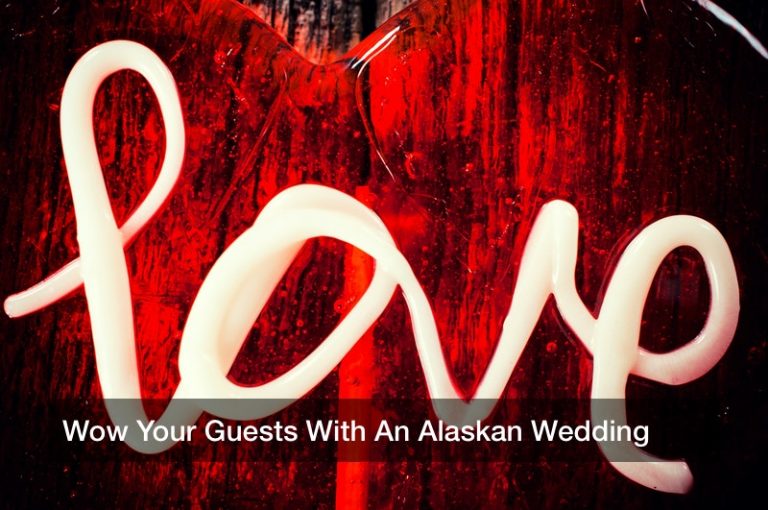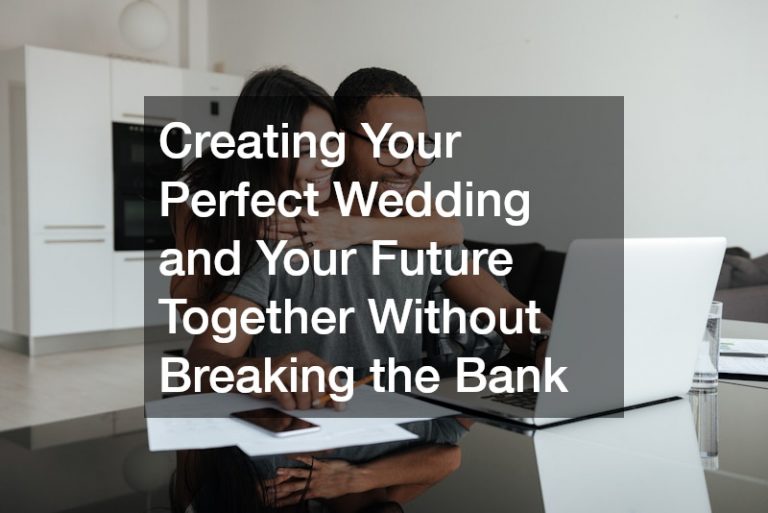
Whether you’re planning a wedding, corporate luncheon, fundraiser, or private party, the food you serve plays a major role in your event’s success. A professional catering company can elevate your experience by handling not just the meal, but logistics, presentation, and hospitality as well. This guide answers the most common questions people ask before hiring a caterer and explains why partnering with a full-service catering company is often one of the smartest choices you’ll make during the planning process.
Highlights:
- Understand your guest count, venue, and menu preferences first
- Clarify if the caterer provides staff, equipment, setup, and cleanup
- Ask about accommodation for dietary restrictions and allergies
- Compare service styles: plated, buffet, family-style, or stations
- Schedule a tasting session before finalizing your menu
- Confirm booking timelines, deposits, and cancellation policies
- Look for experience, certifications, and strong customer reviews
- Choose a caterer that can handle the scale and tone of your event
- Always request a detailed, written quote
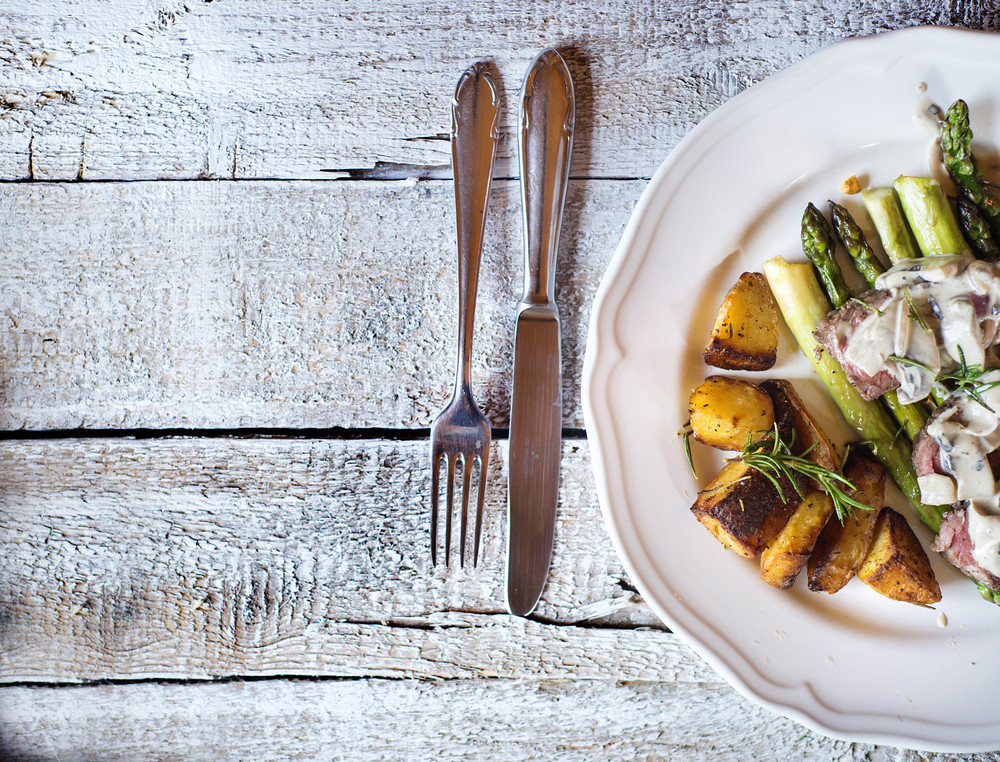
1. “How Do I Know If a Catering Company Is the Right Fit?”
Choosing a catering company begins with determining if they have experience with your type of event. A caterer that regularly handles corporate meetings may not be ideal for a formal wedding reception, and vice versa. Look for signs of versatility and professionalism, like an up-to-date website, positive reviews, and clearly outlined services. Word-of-mouth recommendations and online testimonials are particularly valuable. Reputable catering companies often share sample menus, photo galleries, or event portfolios online. During your initial consultation, take note of how they listen to your needs, offer suggestions, and communicate expectations. Compatibility is key when you’re trusting someone to help feed your guests.
2. “What’s Actually Included in Catering Services?”
Not all catering companies offer the same level of service. Some provide only food preparation and delivery, while others offer full-service packages that include setup, serving staff, bartenders, equipment rentals, and post-event cleanup. Clarifying what’s included will help avoid confusion and extra fees down the line. Many full-service caterers can provide items such as chafing dishes, serving utensils, buffet tables, china, glassware, and even linens. For events at venues without kitchens, you may need a caterer who can bring mobile equipment or provide off-site meal preparation. Always ask if they coordinate with venues and other vendors to ensure a smooth setup.
3. “Can a Caterer Handle Dietary Restrictions and Food Allergies?”
Modern catering companies are well-versed in handling special dietary needs, and you should expect nothing less. Whether you need vegan, vegetarian, gluten-free, dairy-free, halal, kosher, or allergy-sensitive options, a professional caterer will have systems in place to ensure every guest is accommodated safely. It’s best to provide your caterer with an estimated headcount of guests with dietary restrictions during the planning phase. Skilled caterers not only customize individual plates or buffet options, but also label dishes clearly and train their staff on ingredient safety. This is especially important at events with self-serve stations or mixed guest demographics.
4. “How Much Does Catering Cost Per Person?”
The cost of catering varies based on several factors: number of guests, menu selection, service style, location, and whether alcohol or rentals are involved. On average, catering costs range from $25 to $85 per person, though premium services, custom menus, or full bar service can push the price well over $100 per guest. Plated dinners generally cost more than buffets due to staffing and plating labor, while food stations and passed appetizers add both flair and cost. Don’t forget to ask if gratuity, service fees, or delivery charges are included in the quote. Always get a written estimate so there are no surprises.
Source: RoamingHunger.com
5. “Is a Tasting Included Before I Book?”
Tastings are not only common—they’re essential. This is your opportunity to experience the caterer’s culinary style, evaluate presentation, and ensure the food matches your expectations. Many catering companies offer tastings either complimentary or at a small fee that may be applied to your final invoice if you book. During the tasting, you should be able to sample a variety of dishes, provide feedback, and discuss customizations. Use this meeting to ask about ingredient sourcing (especially for local or organic preferences), cooking methods, and how dishes will be served at scale. A good tasting builds trust and helps avoid day-of surprises.
6. “How Far in Advance Should I Book My Caterer?”
Catering companies often book months in advance, especially during peak wedding and holiday seasons. For large events (100+ guests), you should aim to secure your caterer 6 to 12 months ahead of time. For smaller or off-season events, a 3- to 6-month lead time may be sufficient. Booking early ensures availability and gives you time to coordinate logistics like venue layout, rentals, and final guest counts. It also leaves room for tastings, menu adjustments, and any required permits or licenses (especially if alcohol is being served). Ask about the deposit amount and cancellation policy to understand your financial commitment upfront.
Source: Zola
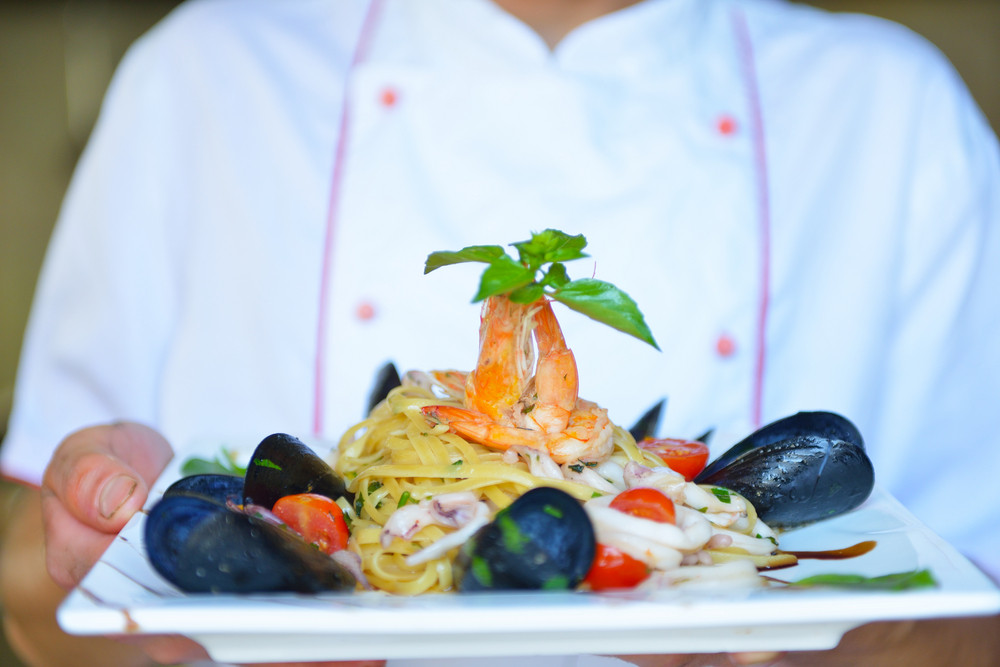
7. “What Type of Service Style Should I Choose?”
Catering isn’t one-size-fits-all. The service style you choose should complement your event’s tone, guest list, venue layout, and budget. The right approach can enhance the atmosphere, improve guest satisfaction, and even streamline your schedule. Below are the most popular catering formats and how each one shapes the overall experience:
- Plated Service: Elegant and formal; ideal for weddings or seated dinners.
- Buffet: Cost-effective and casual; great for social gatherings.
- Family-Style: Invites interaction; food is shared at each table.
- Food Stations: Trendy and interactive; guests move around sampling items.
- Cocktail Reception: Appetizers and drinks only; perfect for mingling.
Each catering style affects staffing needs, rental equipment, floor plans, and flow of the event. A good caterer will evaluate your venue, guest count, and preferences to help you choose the best fit, so you’re not just serving food, but curating a memorable experience.
8. “What Makes a Catering Company Stand Out?”
Beyond great food, the best catering companies are known for their organization, attention to detail, and ability to adapt. They work seamlessly with other vendors, arrive on time, follow health and safety protocols, and leave the space as clean as they found it. Professional caterers are licensed, insured, and transparent about their processes. They handle unexpected challenges—like last-minute guest changes, weather issues, or dietary accommodations—with grace. What truly sets a great caterer apart is how easy they make your planning process and how confidently they take charge on event day so you can enjoy yourself.
Conclusion: Why a Professional Caterer Is Worth the Investment
Hiring a professional local catering company near Albany, NY for a wedding is about much more than food—it’s about trust, peace of mind, and creating a seamless guest experience. From designing the perfect menu to setting tables and pouring wine, a skilled catering team takes the stress off your shoulders and brings your vision to life. Whether you’re celebrating a milestone, hosting a team-building luncheon, or planning your wedding day, great catering transforms an event into an experience. With the right questions and a reliable provider, you’ll not only satisfy your guests, you’ll impress them.So if you’re wondering whether catering is worth the investment, the answer is a resounding yes. With the right team behind the scenes, you’re free to focus on what matters most: enjoying your event and making lasting memories.

